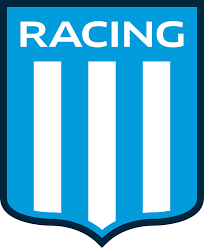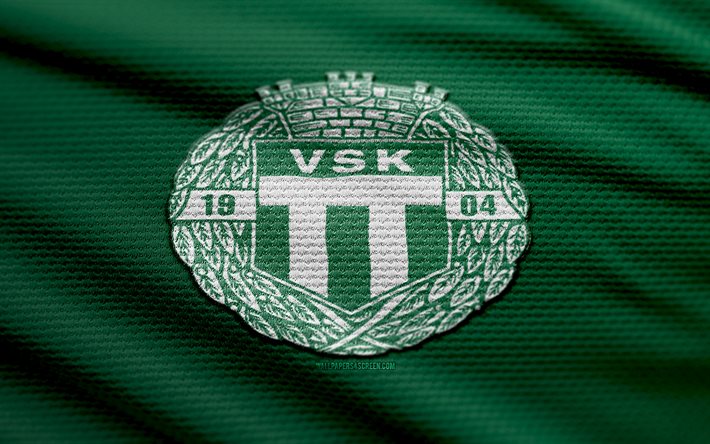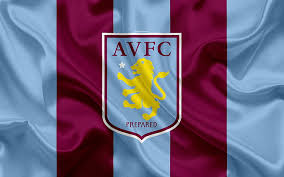
Racing Club FC
The impact of Racing Club FC stretches beyond just the confines of football. As one of the most celebrated clubs in Argentina, Racing has played an essential role in shaping the nation’s football culture, contributing to its identity, values, and sense of community.
Historical Significance of Racing in Racing Club FC
From its formation in 1903, Racing Club FC has been at the forefront of Argentine football. Its early years coincided with a burgeoning national identity and a fascination with the beautiful game, and the club’s successes played a pivotal role in popularizing football across the country 88clb.
A Foundational Pillar
- Racing Club FC stood as one of the founding members of the Argentine Football Association and has been directly involved in establishing the framework and regulations that govern the sport in Argentina.
- This role positioned Racing not only as a participant but as a key influencer in the foundational narrative of Argentine football.
The Birth of a Rivalry
- The historic rivalry with Club Atlético Independiente, known as the “Clásico de Avellaneda,” reflects the fierce competitive spirit embedded in Argentine football culture.
- These matches embody the passion and intensity that characterize Argentine football, elevating the game to cultural significance.
Cultural Identity and Community Ties
Racing Club’s influence transcends football and resonates deeply with cultural and social dynamics in Argentina. The club has been a unifying force, bringing together diverse groups of people in Avellaneda and beyond.
A Symbol of National Pride
- The club’s successes in both domestic and international competitions have cultivated a profound sense of pride among fans, linking their identity to the club’s achievements.
- This pride extends beyond the pitch, Racing Club FC as victories often reflect a broader Argentine resilience and creativity.



